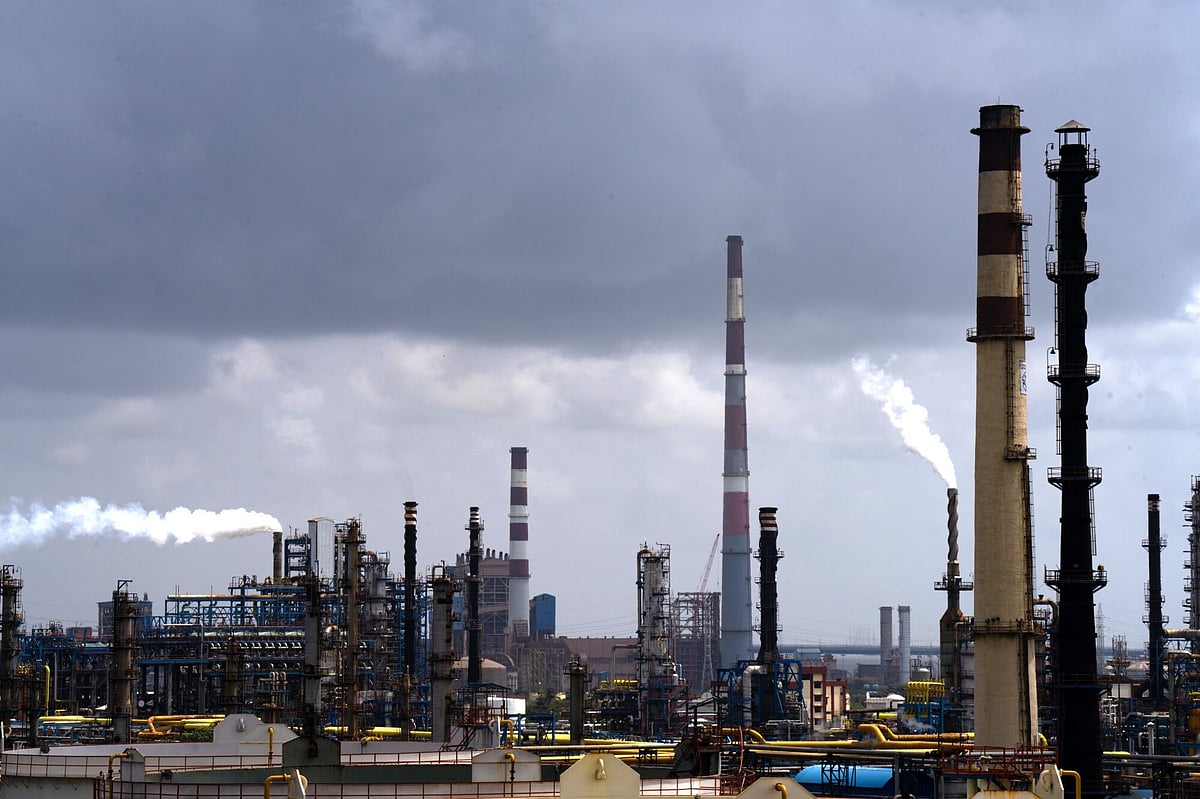India Considers Halting Russian Oil Imports Amid Market Shif
Recent reports suggest that India may cease its purchases of Russian oil, a move that has implications for global crude supply and prices. This announcement, attributed to comments made by former U.S. President Donald Trump, has already influenced market dynamics, leading to an uptick in oil prices.
Market Response to India’s Potential Decision
As of October 16, 2025, Brent crude oil prices rose by $0.48, or 0.78%, reaching $62.39 per barrel. Similarly, West Texas Intermediate (WTI) crude increased by $0.49, or 0.84%, closing at $58.76 per barrel. These gains come after a period of decline, with prices having recently hit a five-month low. The anticipated reduction in Indian purchases could tighten global oil supply, prompting market reactions.
Context of India’s Oil Purchases
India has been a significant buyer of Russian oil, taking advantage of discounted prices under a Group of Seven (G7) price cap mechanism. This strategy was designed to maintain oil flow while limiting Russia’s financial resources amid its ongoing conflict in Ukraine. However, U.S. officials have criticized Indian businesses for capitalizing on these discounted supplies, which has become a contentious issue in U.S.-India trade discussions.
Implications for Global Supply
While Trump’s comments indicated that Indian Prime Minister Narendra Modi had pledged to halt Russian oil imports, no official confirmation has been issued by the Indian government. If India follows through on this commitment, it would need to seek alternative sources, likely from Middle Eastern countries, to replace the significant volume of oil it currently imports from Russia. Analysts estimate that India has been sourcing approximately three times more oil from Russia than from the U.S. in recent months.
Current Market Conditions
The oil market is facing additional pressures due to rising trade tensions between the U.S. and China, which have raised concerns about demand from the world’s two largest crude consumers. An industry report indicated a substantial increase in U.S. oil inventories, with a reported jump of 7.4 million barrels last week, marking the largest increase since July if confirmed by official data.
FAQs
Why is India considering stopping Russian oil purchases?
India’s potential halt on Russian oil purchases is influenced by geopolitical pressures and trade negotiations with the U.S., as well as the need to comply with international sanctions aimed at limiting Russia’s financial resources.
How have oil prices reacted to this news?
Oil prices have increased, with Brent crude rising to $62.39 per barrel and WTI crude reaching $58.76 per barrel, reflecting market concerns about potential supply constraints.
What alternatives does India have for sourcing oil?
If India stops buying Russian oil, it would likely turn to Middle Eastern countries to meet its oil needs, as it has been heavily reliant on Russian imports in recent months.
Conclusion
India’s potential decision to cease Russian oil imports could significantly impact global oil supply and prices. As the situation develops, market participants will be closely monitoring official confirmations and India’s sourcing strategies. The next steps will involve assessing the implications for both the Indian economy and international oil markets.
The geopolitical landscape surrounding oil imports is complex, with countries navigating a web of economic interests and diplomatic relations. India’s reliance on Russian oil has been a strategic choice, particularly in light of the favorable pricing that has emerged from the G7 price cap. However, the shifting dynamics in international relations, particularly with the U.S. advocating for reduced reliance on Russian energy, may compel India to reassess its energy strategy.
In addition to Middle Eastern suppliers, India may also explore options from other regions, such as Africa and South America, to diversify its oil imports. This diversification could help mitigate risks associated with geopolitical tensions and supply disruptions. Furthermore, India’s energy security strategy is increasingly focused on renewable sources, which may influence its long-term oil purchasing decisions. As the global energy landscape evolves, India’s actions will be pivotal in shaping both regional and international oil markets.
Also Read:
Trump Raises Concerns Over Boston World Cup Matches







